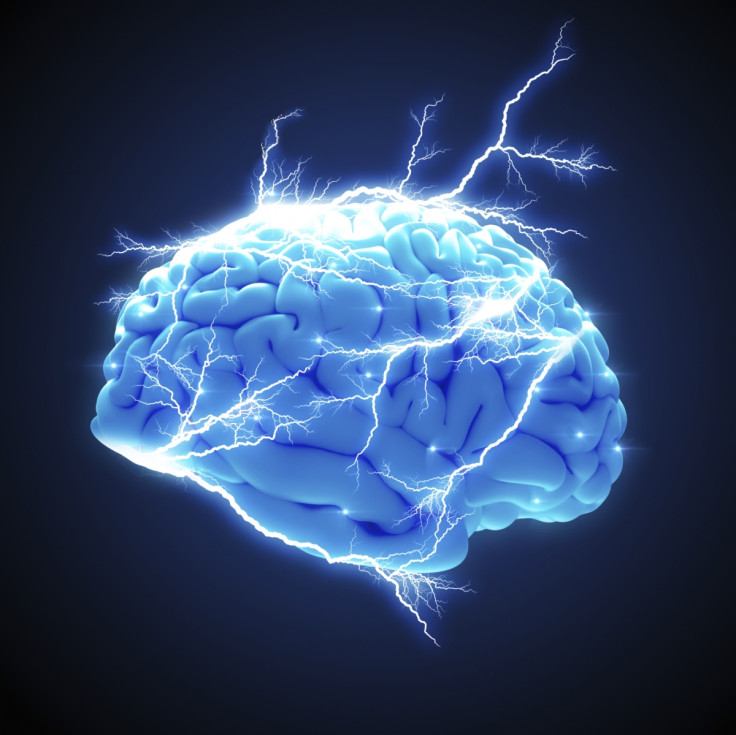Super Soldier: US Navy Seals having their brains zapped to improve shooting ability
Five US Navy units currently testing devices that enhance cognitive abilities using electrical stimulation.

The US Navy is now actively testing devices that stimulate the brain using electricity to enhance soldiers' cognitive abilities.
Naval Special Warfare Command officials have revealed that in 2016, at least five Navy Seal units trialled a technology called transcranial electrical stimulation, whereby the cranium is directly stimulated with electrical signals in order to enhance mental and physical performance in soldiers.
"Earlier this year, Naval Special Warfare units, working with the Defense Innovation Unit (Experimental) (DIUx) initiative, began a specific cognitive enhancement project with a small group of volunteers to test and evaluate achieving higher performance through the use of neuro-stimulation technology," Captain Jason Salata, a spokesman for the command told Military.com.
"Early results show promising signs. Based on this, we are encouraged to continue and are moving forward with our studies."
And in February, the overall commander of the Naval Special Warfare Command, Rear Admiral Tim Szymanski told attendees at a conference that the US Navy wants companies to develop and demonstrate technologies that offer cognitive enhancement.
He said that experiments had shown that personnel tasked with monitoring screens would lose their ability to concentrate after about 20 minutes, but after electrical stimulation was applied to their brains, the same people were able to maintain peak performance and concentration for a period of 20 hours.
Does zapping your brain with electricity really work?
The idea that electricity can help boost focus and alertness in the human brain to improve performance has been bouncing around for several years.
The US Defense Advanced Research Projects Agency (Darpa) has been experimenting with brain chips, electrical stimulation and brain-machine interfaces for at least three years.
In 2015, a New York Times best-selling author and journalist published a book claiming that Darpa was implanting chips into the brains of soldiers returning from the Middle East, to help them cope with head injuries and conditions ranging from post-traumatic stress disorder (PTSD) to arthritis.
And in February 2016, Australian scientists funded by Darpa developed a transmitter device that could be injected into the brain without the need for invasive surgery in order to collect the electrical signals associated with brain activity and send them to a computer for analysis.
But not all technologies require implantation. A neurotechnology firm called Halo Neuroscience has developed a brain-stimulating headset for elite athletes that purportedly gets the brain to enter a state of hyper-elasticity so that the user can learn better and more efficiently.
The company claims the athletes who used the technology suddenly developed "explosive power" that was useful for sports requiring a sudden start or a vertical leap. The Halo headsets are currently being trialled by at least five US Navy Seal units, although no results or specifics have been released so far.
© Copyright IBTimes 2025. All rights reserved.






















